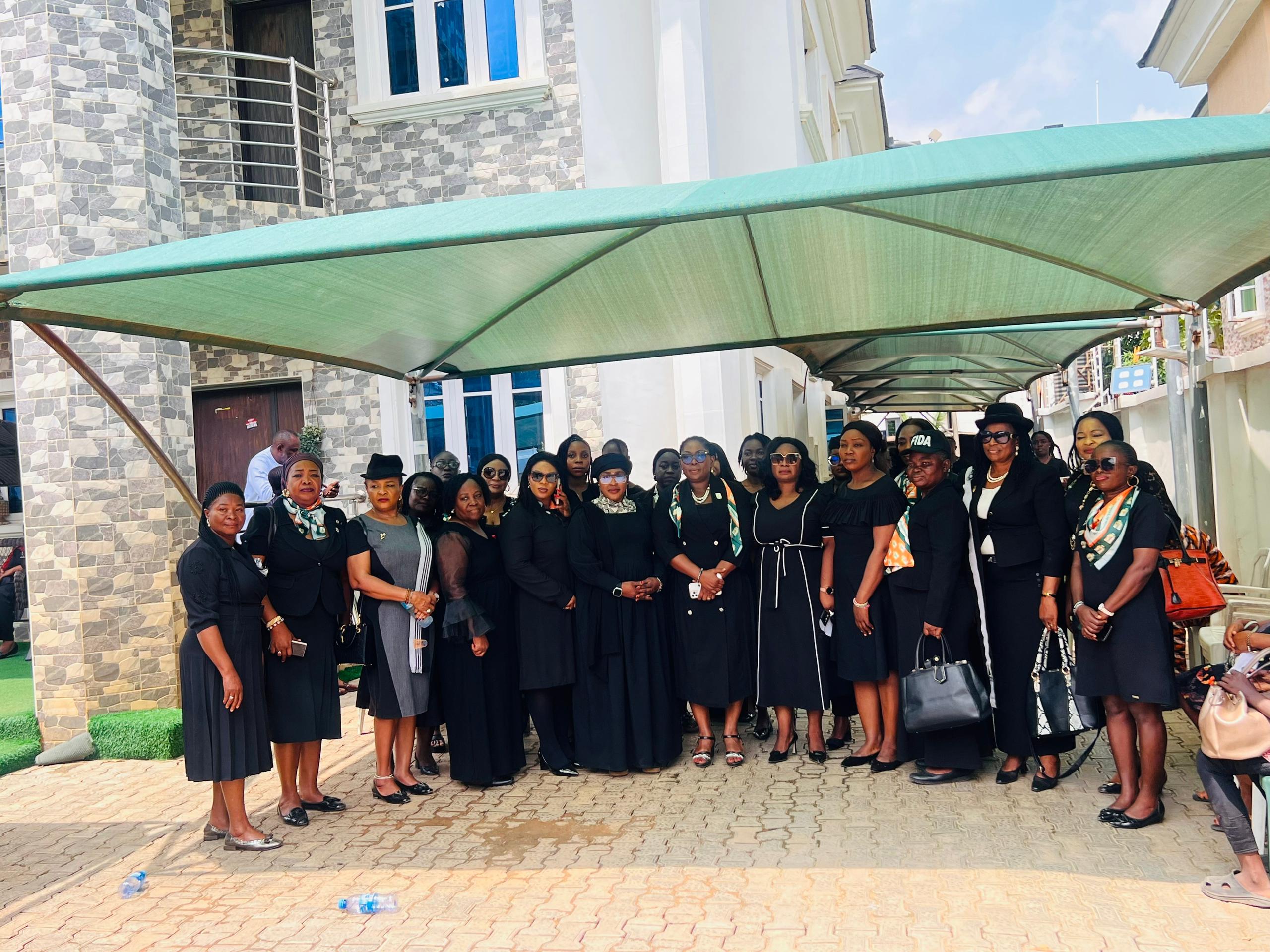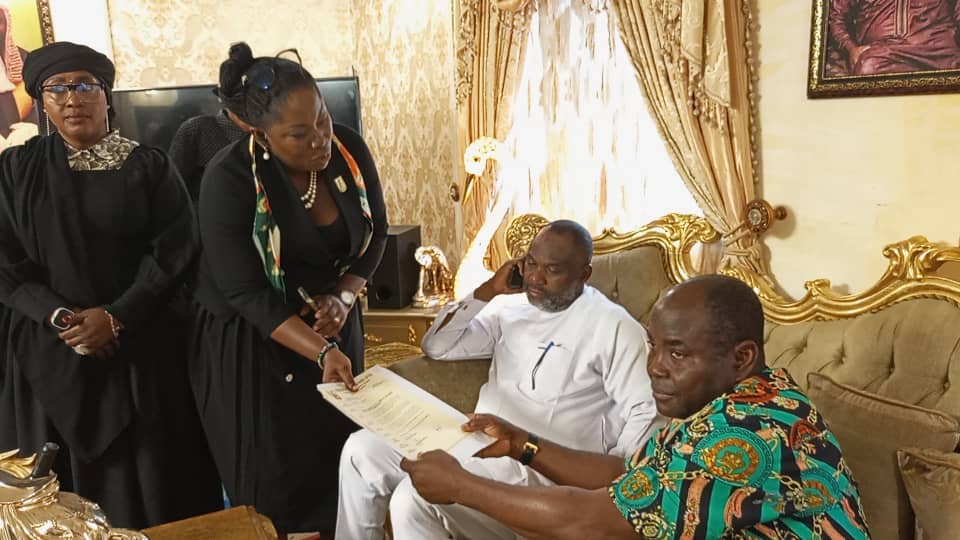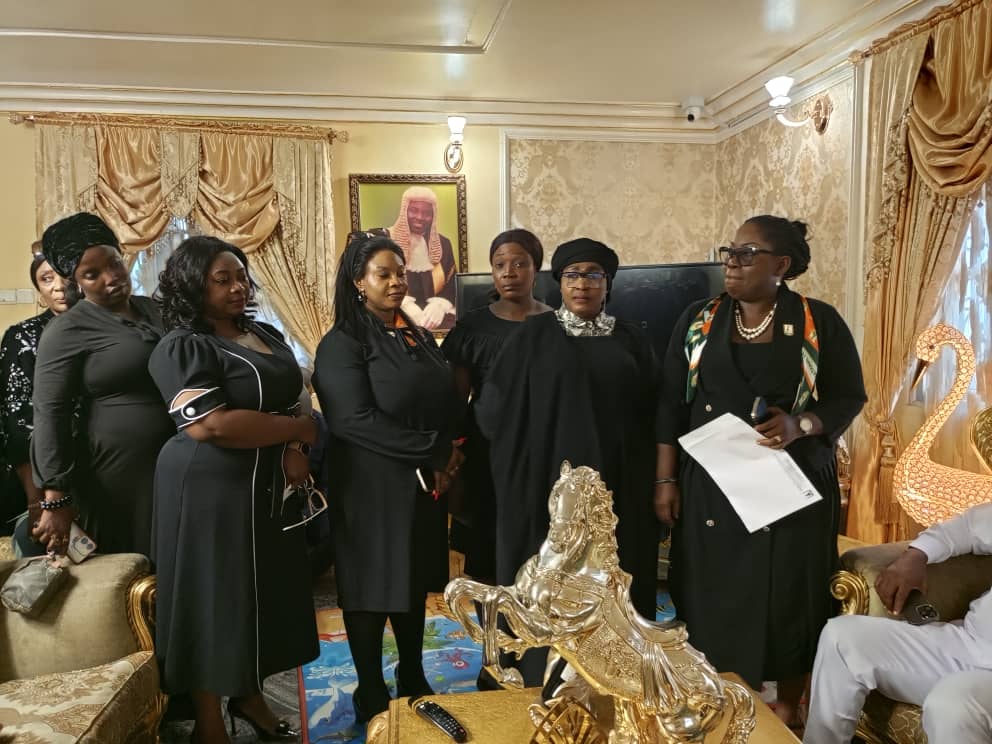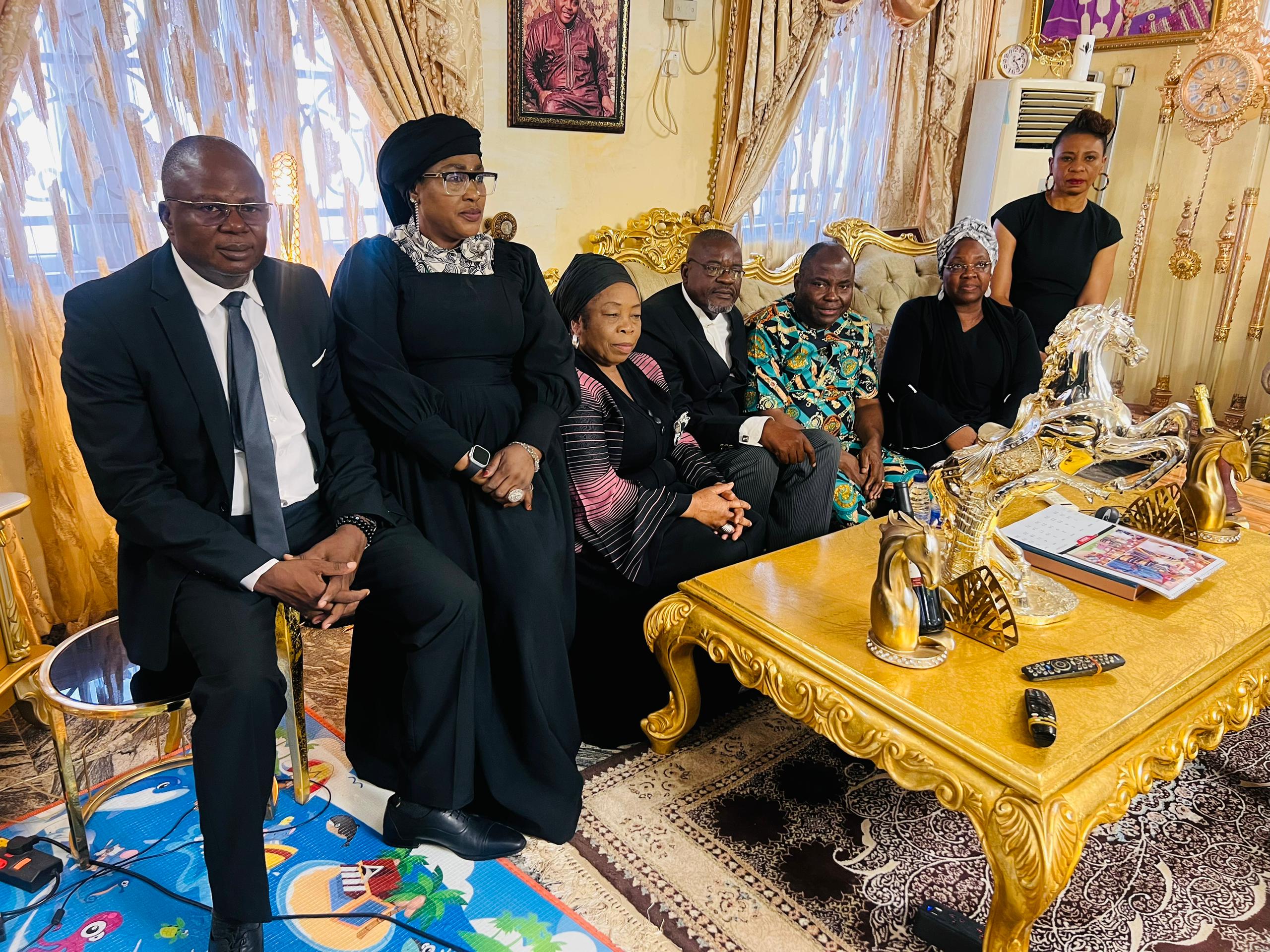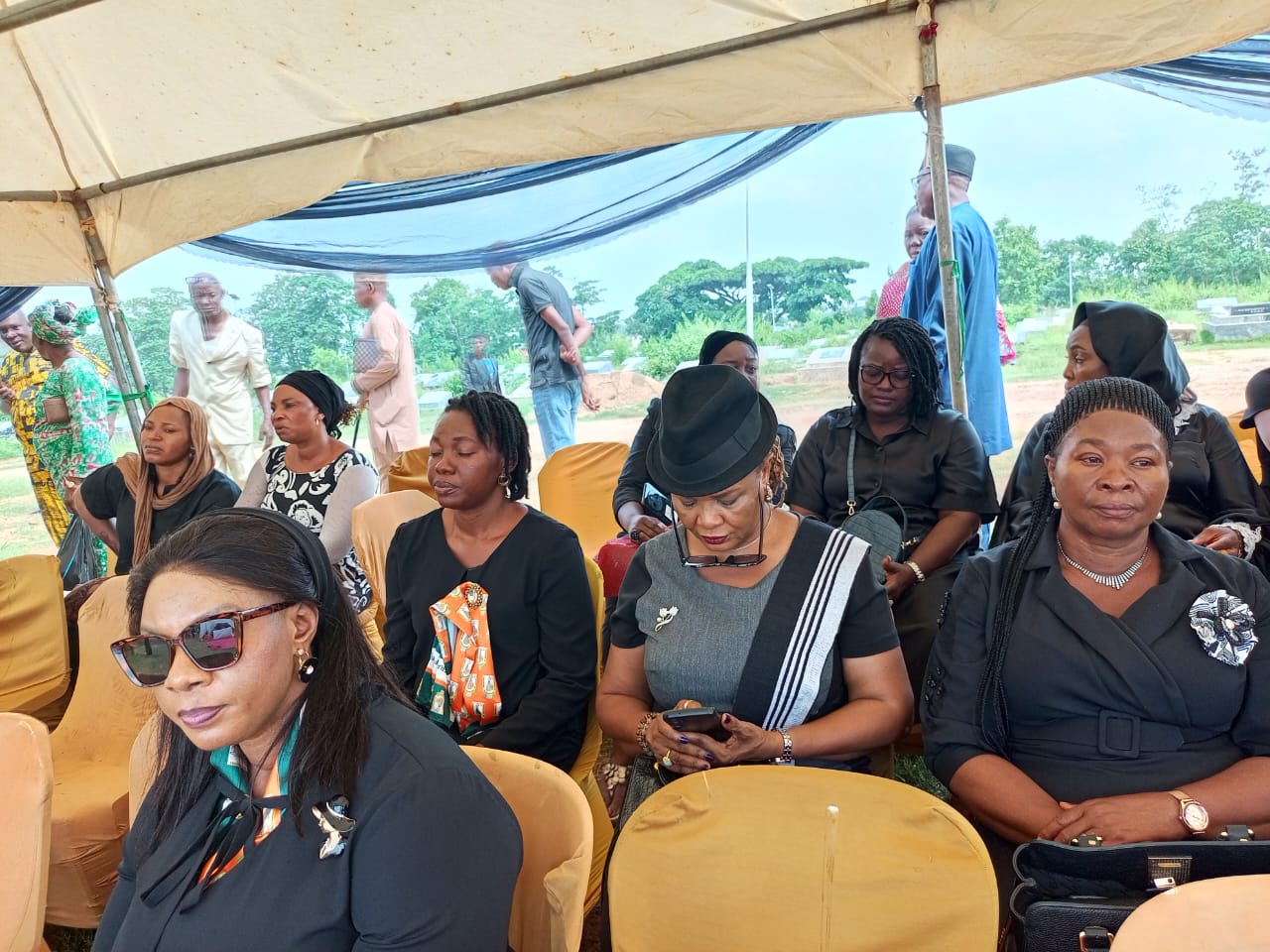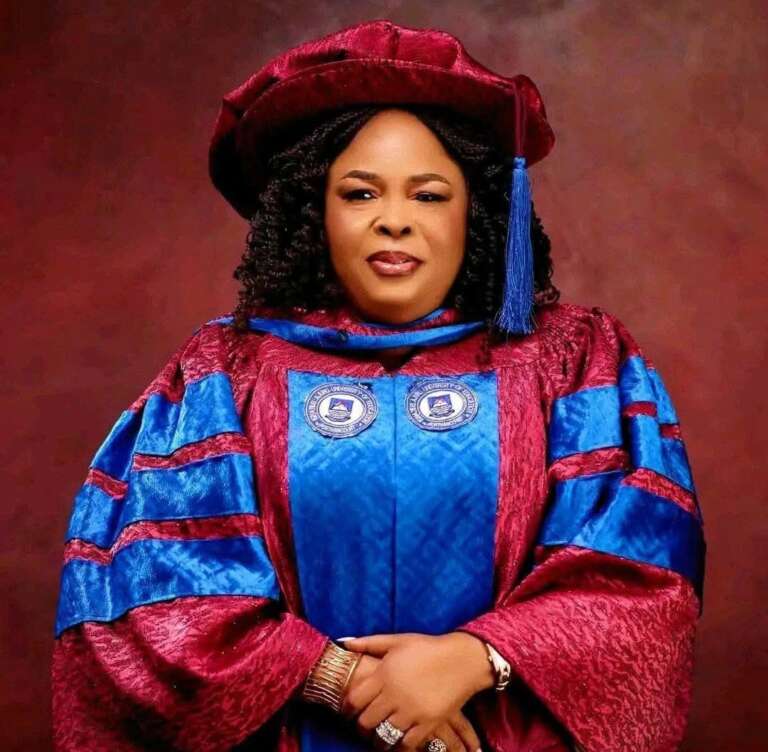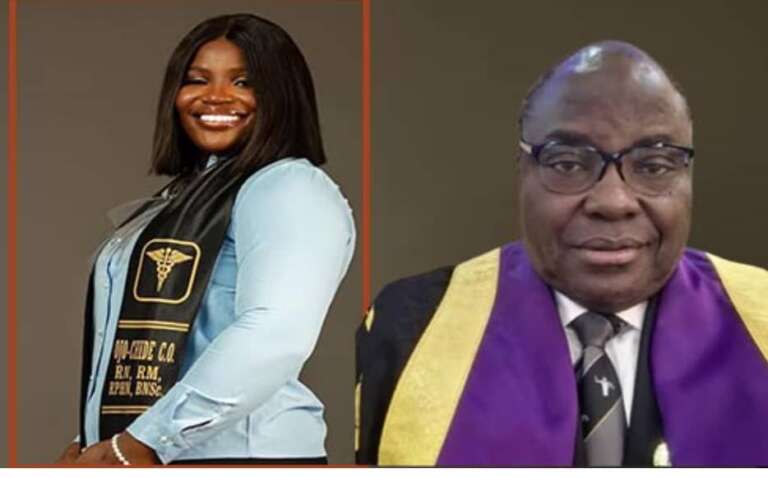Introduction
Last week, a public notice was issued that the Lagos Division of the Federal High Court of Nigeria will commence digitisation of its registry effective June 23, 2025. From the reports, filing of cases and documents in the court will only be through its e-filing portal. This is contained in a press release signed by the Chief Registrar of the Court.
Commendation for Effective Management of Lagos Division
First, I must hasten to commend My Lord the Honourable the Chief Judge of the Federal High Court, the Administrative Judge in charge of the Lagos Division of the Court and all Judges sitting in all the courts of the Lagos Division. You only need to visit the registry in Lagos to experience the pressure arising from the volume of cases being filed and handled in the Lagos Division. I do always marvel at the strength and grace with which the judges handled their cases given the volume of work involved.
The Federal High Court was originally conceived as a revenue court for the Federal Government of Nigeria in an attempt to whittle down the influence of judgments of the High Court of the States and create some balance for the determination of matters relating to the revenue of the Federation. Over the years and especially under the military administration of General Sani Abacha (Retd.), the jurisdiction of the Court was expanded to cover a range of subject matters exclusively. Since then, the workload of the Court has ballooned beyond the capacity of its personnel. This was recently made worse by the amendment to the Electoral Act to grant exclusive jurisdiction to the Court in all pre-election matters with a time limit to hear and determine them.
For some years now, the Lagos Division of the Court has undergone massive improvement in the area of assignment of cases, reform of the registry and the entire architecture of the various courts in the Division except in the area of space and sitting arrangement for lawyers and litigants in the courtrooms, which will soon be a thing of the past with the expected commissioning of the new office complex on Bourdillon Road. These reforms have become so successful and commendable such that most lawyers and litigants prefer to file their cases in the Federal High Court where the law permits a choice. The filing process is simple and friendly and the staff of the registry are very disciplined and they demonstrate a sense of accountability.
Ugly incidences of touting and sharp practice are very rare within the court given the strict adherence to rules and ethics by the entire staff. Within a week of filing any case, you are sure of its assignment to a court, even in the absence of an affidavit of urgency. This has taken commitment and tireless devotion to duty on the part of the leadership of the division no doubt and it is very commendable. One can therefore understand the need for digitisation of the process of filing cases. But there is need for caution, as filing and prosecution of cases go beyond e-filing and processing; they involve the consideration and application of fundamental issues relating to the constitutional rights of the litigants and their lawyers.
Need to Avoid Hasty Implementation
By the content of the press release issued to notify the general public of the commencement of digital filing, there is no option for manual filing of processes in the Lagos Division as from June 23, 2025, which is less than a month’s notice. This is indeed the first issue. The Federal High Court has already issued a notice of commencement of its 2025 annual long vacation from July 28 to September 16, 2025. The implementation of the e-filing regime can be delayed till the new legal year in September 2025 to give enough time for lawyers and litigants to prepare themselves for the new system. The second reason for proposing a postponement of the e-filing regime is that of facilities, space and convenience. All things being equal, the Lagos Division of the Court should relocate to its ultra-modern new court complex very soon. That should be the best time to implement a laudable idea such as this, in order to create appropriate sections and offices that are well-suited for its operations and effectiveness. The registry of the present Federal High Court cannot accommodate the volume of work associated with e-filing, at least going by the current experience in other courts where this has been experimented. But the issue does not even end with postponement of the e-filing as there are many fundamental issues that the proposal has thrown up.
Holistic Digitization
The notice of digitisation issued by the Court limits its application to only filing of cases. Now, there should be no half measures in the application of such robust innovation. It is either we are digitising the court or we are not. Will litigants file their processes digitally and judges will thereafter conduct their proceedings manually? Will it now be possible for lawyers to apply for and obtain certified true copies of record of proceedings, of rulings and judgments digitally? Will the cause list of all the courts in the Lagos Division be made available digitally on the website of the Court for all lawyers and litigants to take notice? Will lawyers and litigants be notified digitally and in advance of the itinerary of presiding judges, especially when for one reason or the other the court may not sit on any given date or occasion? In this proposed e-filing system, deponents to affidavits and statements on oath must still visit the court registry physically to swear before the Commissioner for Oaths for the process to be complete.
I urge My Lords to look into this or else it defeats the whole essence of e-filing. Then comes the issue of service of processes filed digitally. Presently, the Federal High Court (Civil Procedure) Rules specify personal service of all originating processes along with the documents filed. Is the plaintiff to file his claim and documents digitally and the court will serve them manually, in cases where the email, phone number or other digital address of the defendant is not known? How will the digital regime affect substituted service of processes on the adversary by posting or by advertisement in the newspapers, all of which are carefully and deliberately provided for in the extant Rules of the Court? Service of originating processes and documents is fundamental because of the issue of fair hearing, as the court must accord due regard to the rights of all persons before the determination of their civil rights and obligations.
Effect of Absence of Durable Infrastructure on Digitisation
Then comes the issue of infrastructure. Nigeria is currently struggling with durable power supply and internet coverage. Many people rely on alternative private power supply, which involves expenses of diesel and petrol. For reasons best known to the telecommunications companies, network coverage has become very challenging. Will lawyers file their processes digitally and then come to argue their cases manually with hard copies of processes and documents already submitted electronically? What about the issue of confidentiality? Presently, documents submitted to the court are classified as strictly confidential, because they sometimes involve very private issues relating to Wills, financial details and other classified documents.
Even in the most sophisticated jurisdictions, hackers have made nonsense of digital platforms and subjected the private lives of persons to public ridicule. What about litigants and lawyers operating in remote areas, where internet coverage is very poor and there is no power supply? How do they catch up with digitization? It is important to ensure that this lofty idea is not implemented in any way that may cause justice to be out of the reach of ordinary Nigerians who are mostly the victims of abuses, violations and denial of rights. Legal practice should not be the vocation of the elites alone, given the express provisions of section 6 (6) (b) of the Constitution which grants unfettered right of access to justice to every person.
Appeal Process Cannot be Digitised
Then comes the issue of appeal and the process of settlement, compilation and transmission of record of appeal. Presently, the Court of Appeal operates a manual registry. Will record of appeal be transmitted digitally from the Federal High Court to the Court of Appeal to be printed and used manually? This is important because the Federal High Court cannot operate in isolation of other courts that it is statutorily connected and attached to.
Conclusion and Appeal
It is against this background that I humbly appeal to the authorities of the Court to consider suspending or delaying the implementation of the digital filing regime until the Lagos Division has moved to its permanent and new location. Let the staff of the court in charge of this process continue to engage and interact with the Nigerian Bar Association, lawyers and litigants for the purpose of achieving robust enlightenment. And even when it commences, let digitisation run contemporaneously with manual filing until such a time that all those who patronise the court have become accustomed with the new system, just in the same way that the Central Bank of Nigeria has continued to allow the old and new Naira notes to both co-exist as legal tenders. Innovative ideas should not deprive the people of justice that they richly deserve and desperately long.

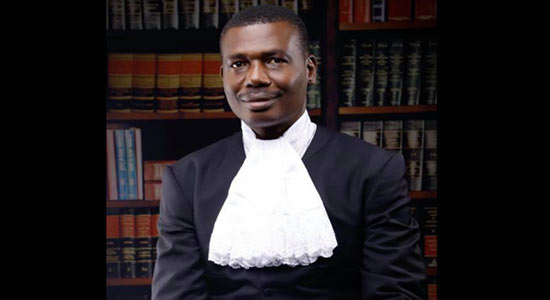


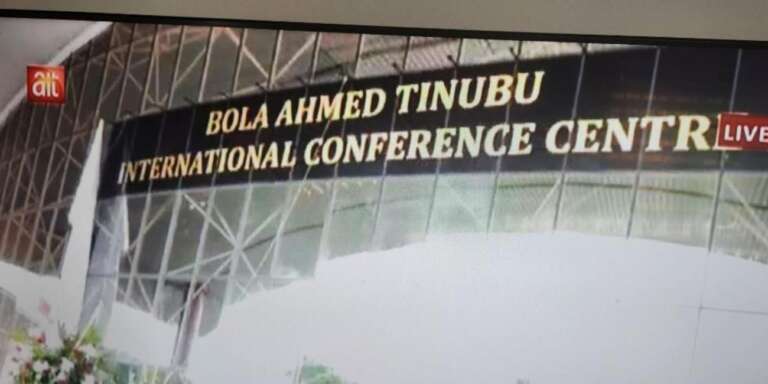
![[Photo News] FIDA Abuja mourns with Patron, J.S. Okutepa, SAN, as daughter is buried in Abuja [Photo News] FIDA Abuja mourns with Patron, J.S. Okutepa, SAN, as daughter is buried in Abuja](https://lawandsocietymagazine.com/wp-content/uploads/2025/06/FIDA-mourns-with-Okutepa-768x614.jpg)
